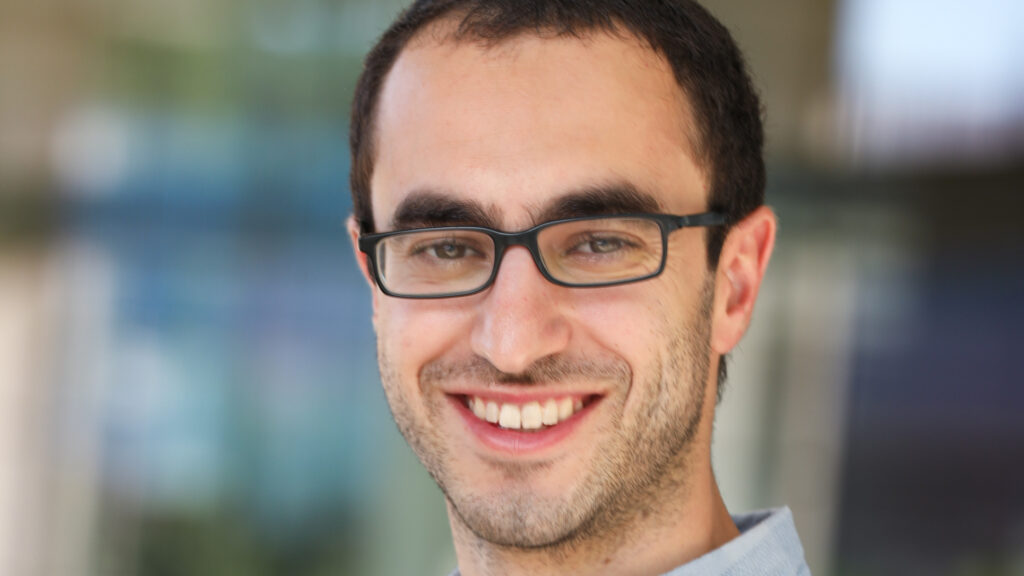Mark Sendak was getting tired of seeing the toil of so many colleagues go to waste.
At Duke University, he was part of a team of data scientists and engineers who built artificial intelligence tools to help make better health care decisions, and to more effectively treat patients with serious and life-threatening conditions.
But even when one of their inventions appeared to help patients and generated positive results in scientific studies, it never gained uptake beyond Duke’s walls. Patients and doctors in other health systems didn’t get the opportunity to benefit.
STAT+ Exclusive Story
Already have an account? Log in

This article is exclusive to STAT+ subscribers
Unlock this article — and get additional analysis of the technologies disrupting health care — by subscribing to STAT+.
Already have an account? Log in
Individual plans
Group plans
To read the rest of this story subscribe to STAT+.


